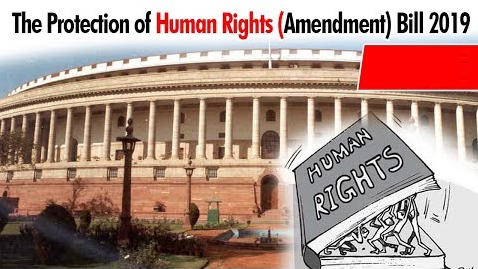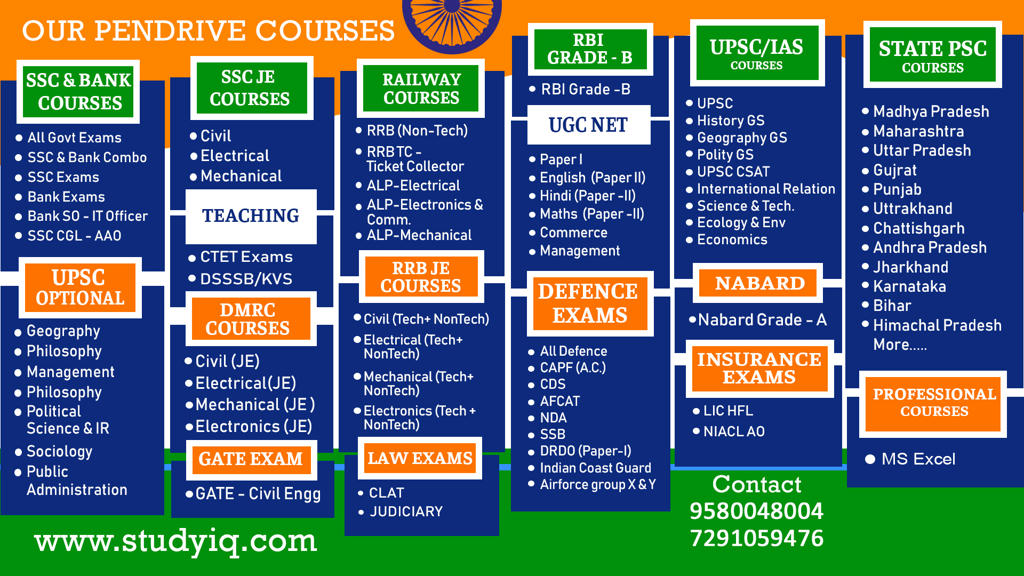Table of Contents
Q) Which among the following are not the Constitutional Bodies?
- National Commission for Backward classes.
- Special Officer for Linguistic Minorities.
- Niti Aayog.
- National Human Right Commission.
- Advocate General of the state.
(a) 1, 2, 3, 5
(b) 1, 3, 4
(c) 3, 4, 5
(d) 3, 4


- NHRC is in conformity with the Paris Principles, adopted at the first international workshop on national institutions for the promotion and protection of human rights held in Paris in October 1991, and endorsed by the General Assembly of the United Nations by its Regulations 48/134 of 20 December, 1993.


APPOINTMENT OF MEMBERS OF NHRC

WHAT ARE THE AMENDMENTS
- NHR/ SHRC Chairperson-
- Now besides CJI, even a Judge of the Supreme Court can be the chairperson of the NHRC.
- Similarly, at the state level, a person who has been a judge of a High Court can be the chairperson of SHRC.
- NHRC members-
- The Bill provides for including the chairpersons of
- The National Commission for Backward Classes,
- The National Commission for the Protection of Child Rights,
- The Chief Commissioner for Persons with Disabilities as members of the NHRC.
- Now 3 persons can be appointed as members of the NHRC which are having knowledge of human rights.
- Among the 3 members at least one should be a woman.
- NHRC/ SHRC Term-
- The original Act states that the chairperson and members of the NHRC and SHRC will hold office for five years or till the age of seventy years, whichever is earlier.
- The Bill reduces the term of office to three years or till the age of seventy years, whichever is earlier.
- Further, the original Act allows for the reappointment of members of the NHRC and SHRCs for a period of five years.
- The Bill removes the five-year limit for reappointment.
- Powers of Secretary-General-
- The original Act provides for a Secretary-General of the NHRC and a Secretary of a SHRC, who exercise powers as may be delegated to them.
- The Bill amends this and allows the Secretary-General and Secretary to exercise all administrative and financial powers (except judicial functions), subject to the respective chairperson’s control.
- Union Territories-
- The Bill provides that the central government may confer on a SHRC human rights functions being discharged by Union Territories.
- Functions relating to human rights in the case of Delhi will be dealt with by the NHRC.


Q) Which among the following are not the Constitutional Bodies?
- National Commission for Backward classes.
- Special Officer for Linguistic Minorities.
- Niti Aayog.
- National Human Right Commission.
- Advocate General of the state.
(a) 1, 2, 3, 5
(b) 1, 3, 4
(c) 3, 4, 5
(d) 3, 4
Latest Burning Issues | Free PDF























 WhatsApp
WhatsApp